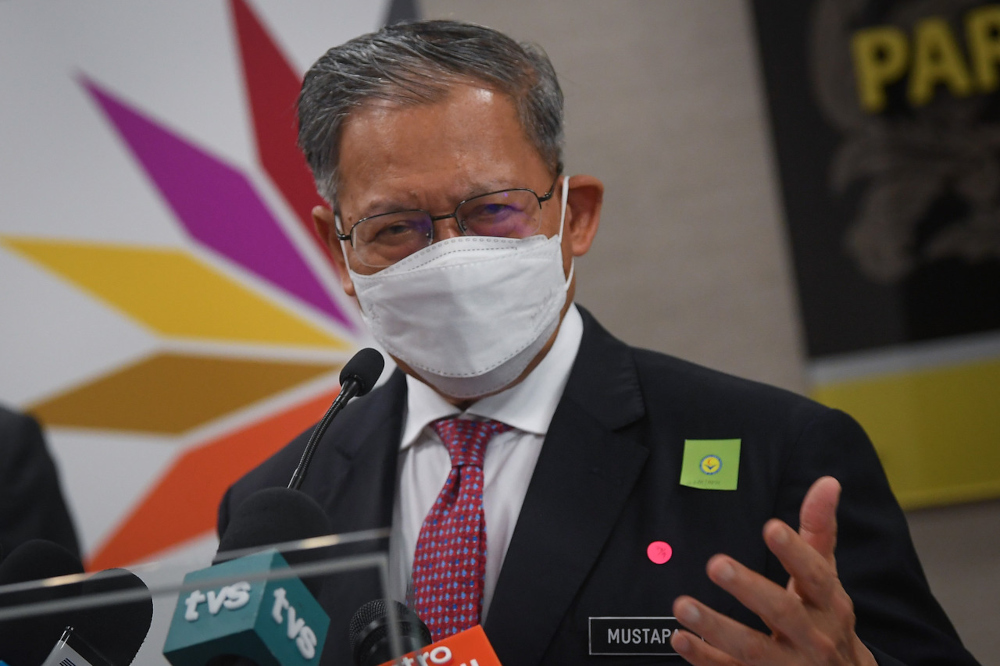KUALA LUMPUR, Jan 26 — A digital economic plan at the state level will be coordinated through the National Council of Digital Economy and Fourth Industrial Revolution (MED4IR) to ensure the implementation mechanism of initiatives is closer to the targeted recipients, in line with the Keluarga Malaysia concept.
Minister in the Prime Minister’s Department (Economy) Datuk Seri Mustapa Mohamed said MED41R, which met for the first time yesterday, also aims to coordinate state initiatives to avoid wastage of resources due to duplication of initiatives.
According to him, the state MED4IR will also be a platform to plan and implement digital economy initiatives at the state and federal levels to be coordinated more systematically and aligned with the Malaysia Digital Economy Blueprint (MyDIGITAL) and the National 4IR Policy.
“Besides that, the state MED4IR also has a role to outline strategies to increase digital adoption at the state level.
“The digital economy is one of the important catalysts to the country’s economic transformation,” he said in a statement today.
Also present at the online meeting was Sarawak Deputy Chief Minister cum Minister of Finance and New Economy II Datuk Amar Douglas Uggah Embas; Sabah Minister of Science, Technology and Innovation Datuk Yakub Khan; state executive councillors from various states responsible for the digital economy portfolio, state secretaries, and state representatives of the Economic Planning Unit.
Mustapa said the meeting also highlighted that all states have digital economic plans in various stages of implementation.
He said the federal government, in this regard, welcomes the continued cooperation and support of the state governments to coordinate the implementation of initiatives at the respective state levels.
In the meantime, he said, the meeting also took note of the progress of the Public Sector Digitisation Strategic Plan (PSPSA) 2021-2025.
Mustapa explained that PSPSA engagement sessions will be conducted continuously to all key leaders of the ministry, state secretariat or agencies in implementing programmes and digitisation initiatives.
He said the meeting was also informed that Malaysia has been ranked 24th in the Online Service Index (OSI) for 2020, compared to the 27th position in 2018 and 40th in 2016, with the target to increase the country’s OSI ranking to 12th by 2025.
On the public sector digitalisation efforts, he said that at the end of last year, 30 of the 40 targeted government agencies and statutory bodies had used the government data-sharing platform (MyGDX), while 78 per cent of the targeted statutory bodies had provided cashless payment options.
In addition, for the same period, he said there were 57 End to End (E2E) public sector services covering the use of digital technology; and a total of 15 ministries and agencies have begun adopting digital signatures. — Bernama



















